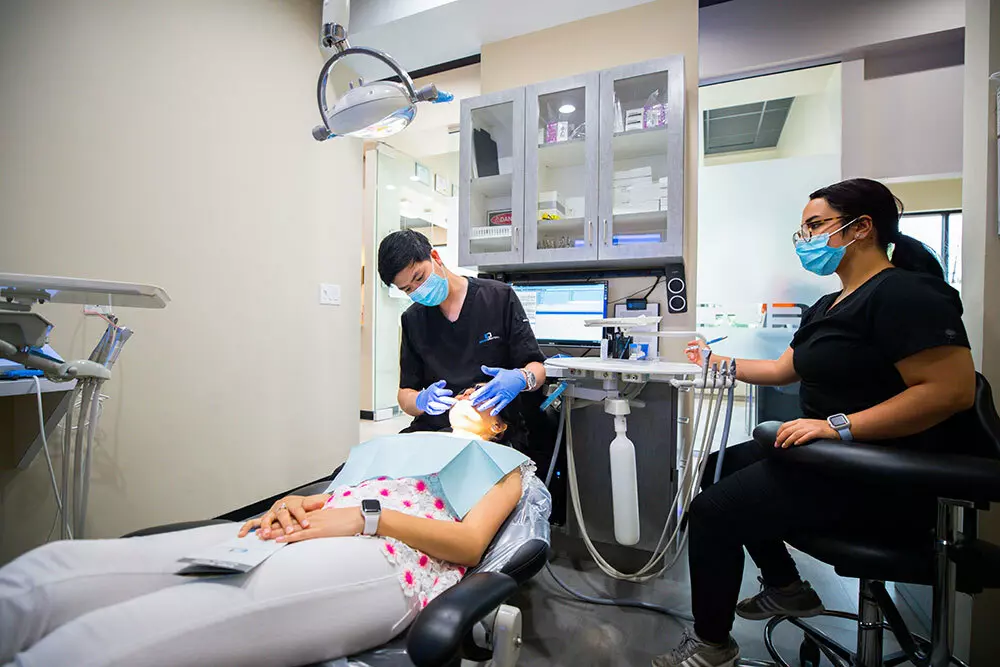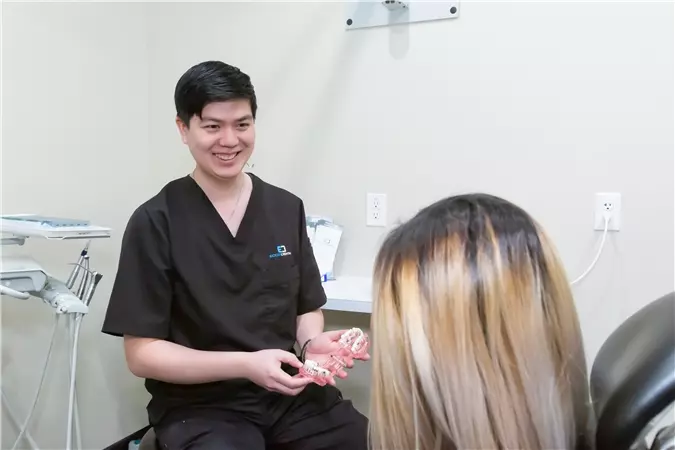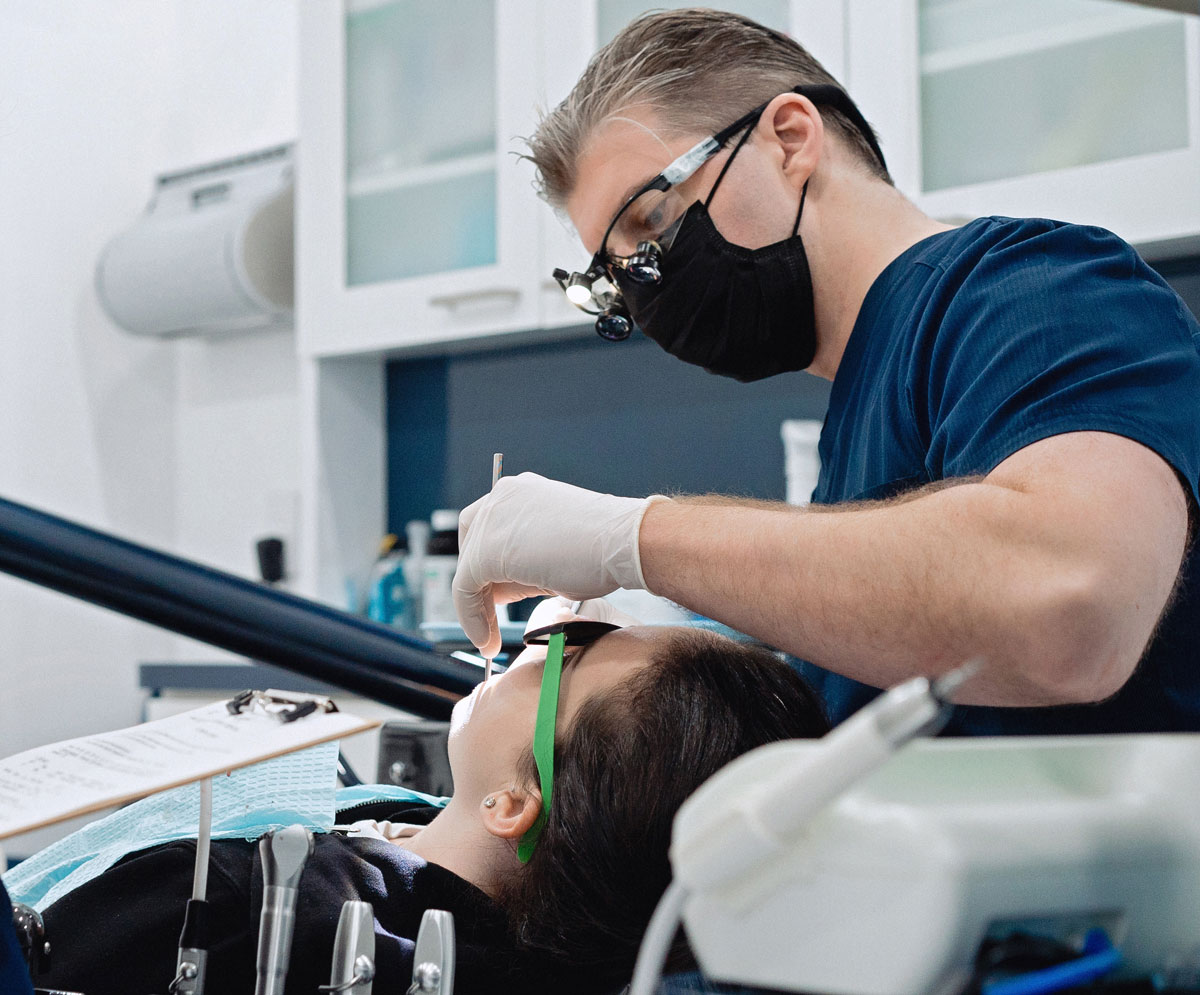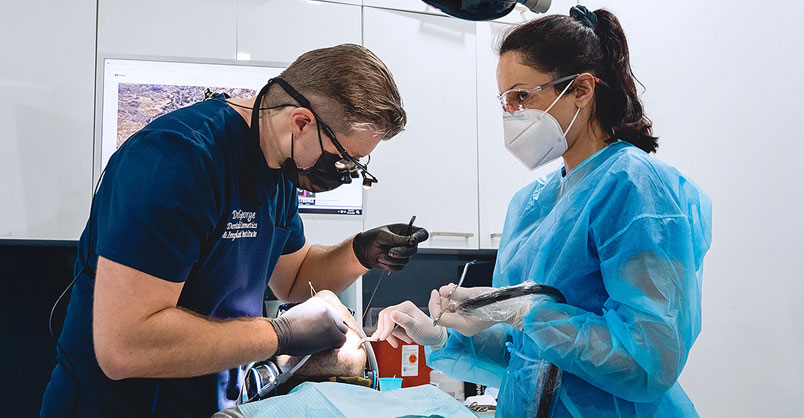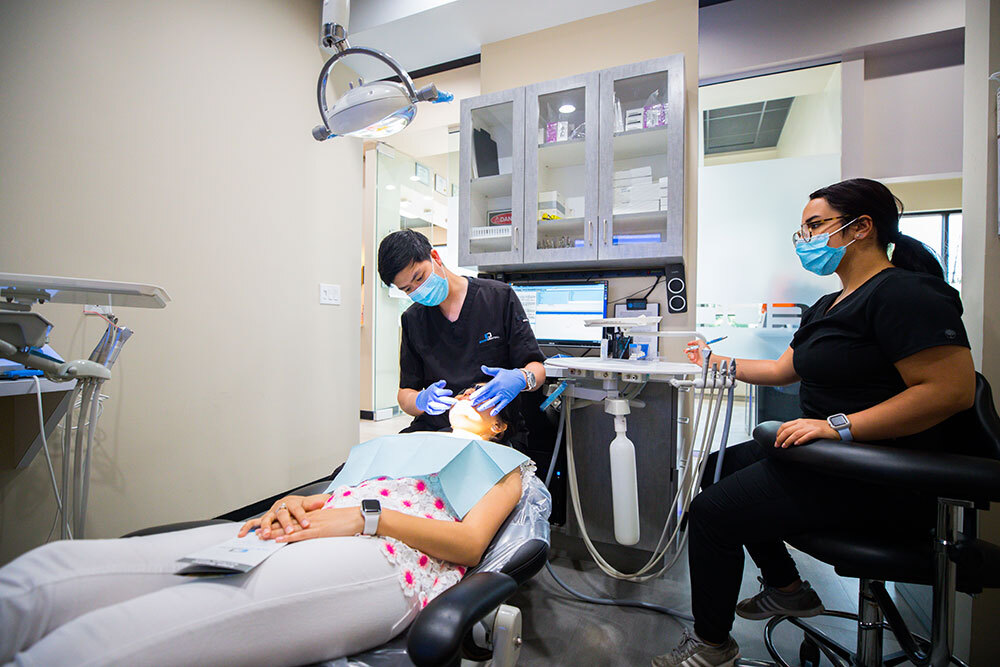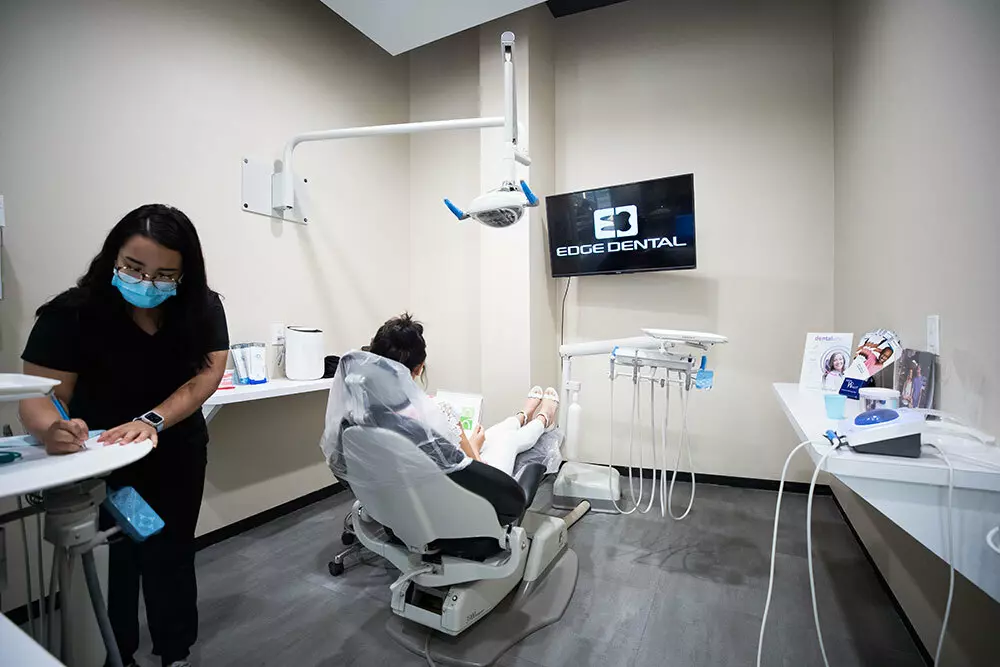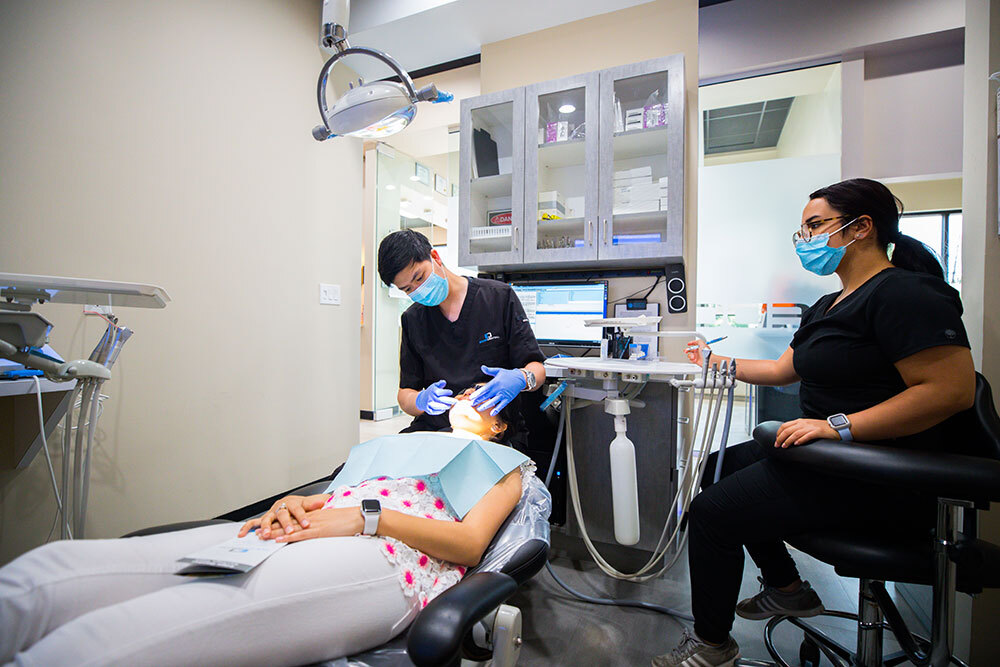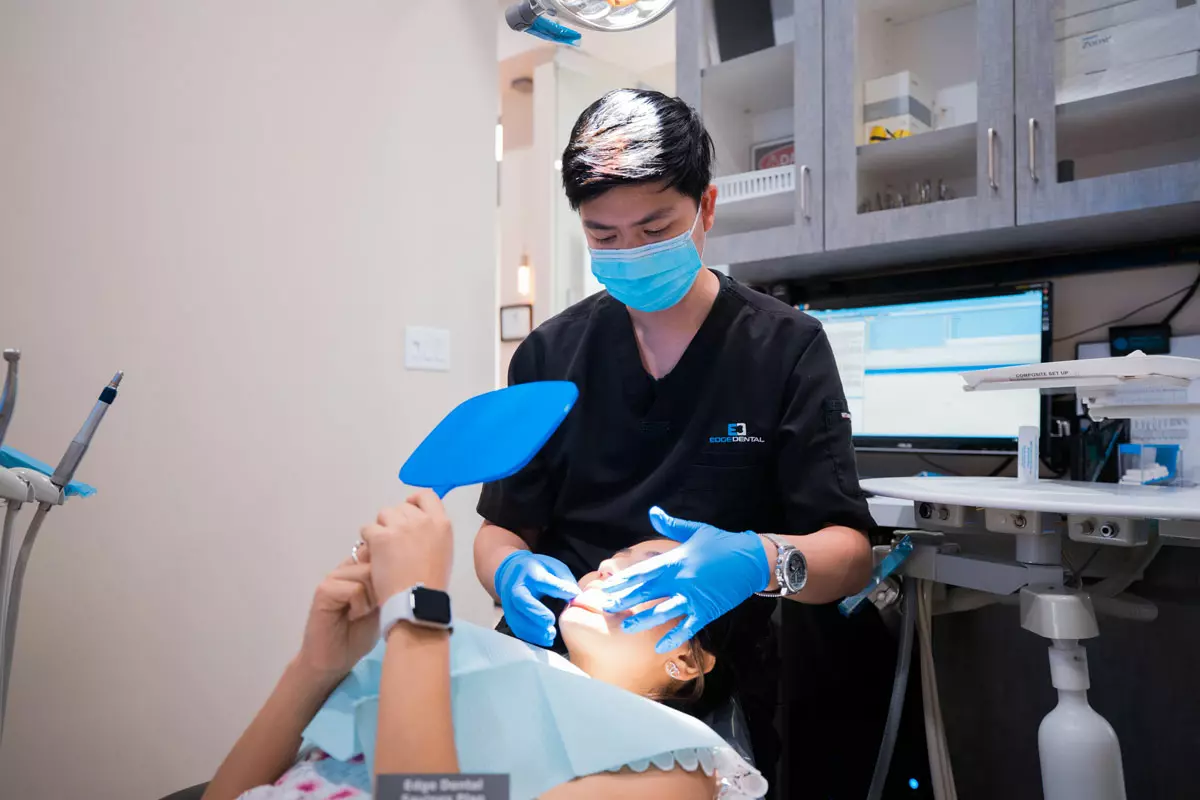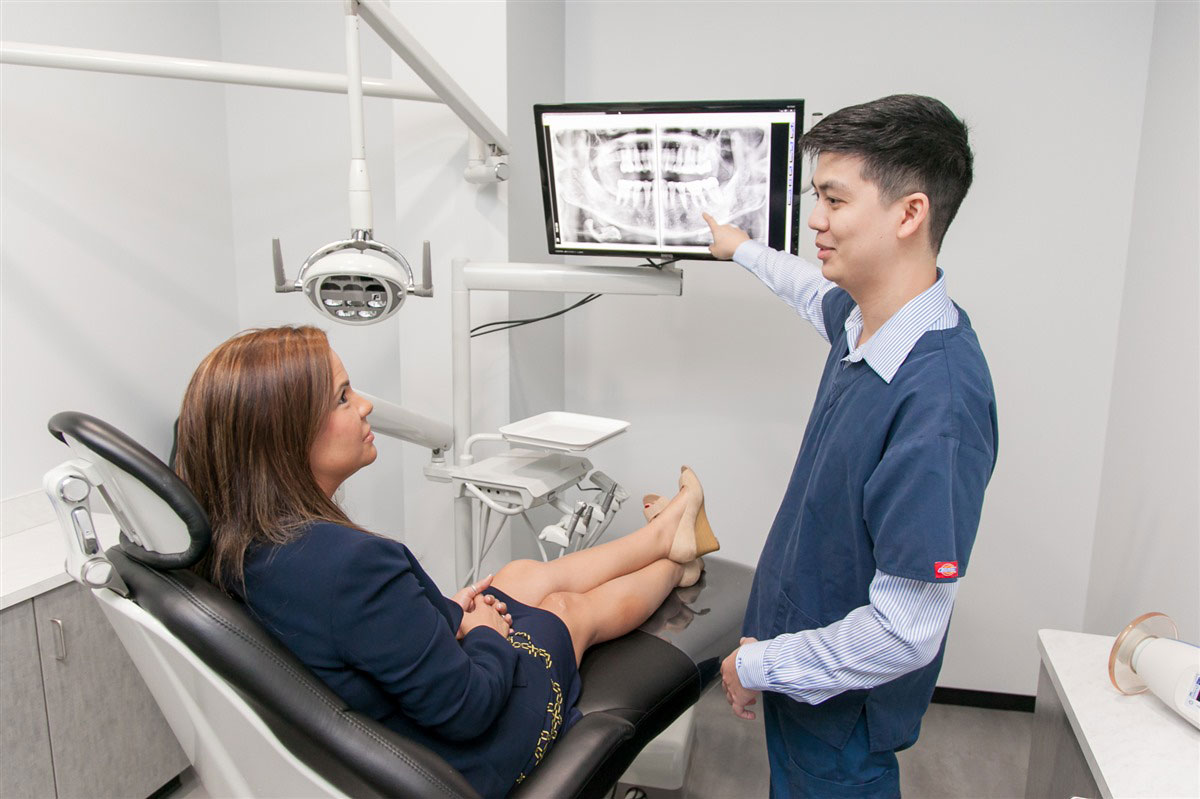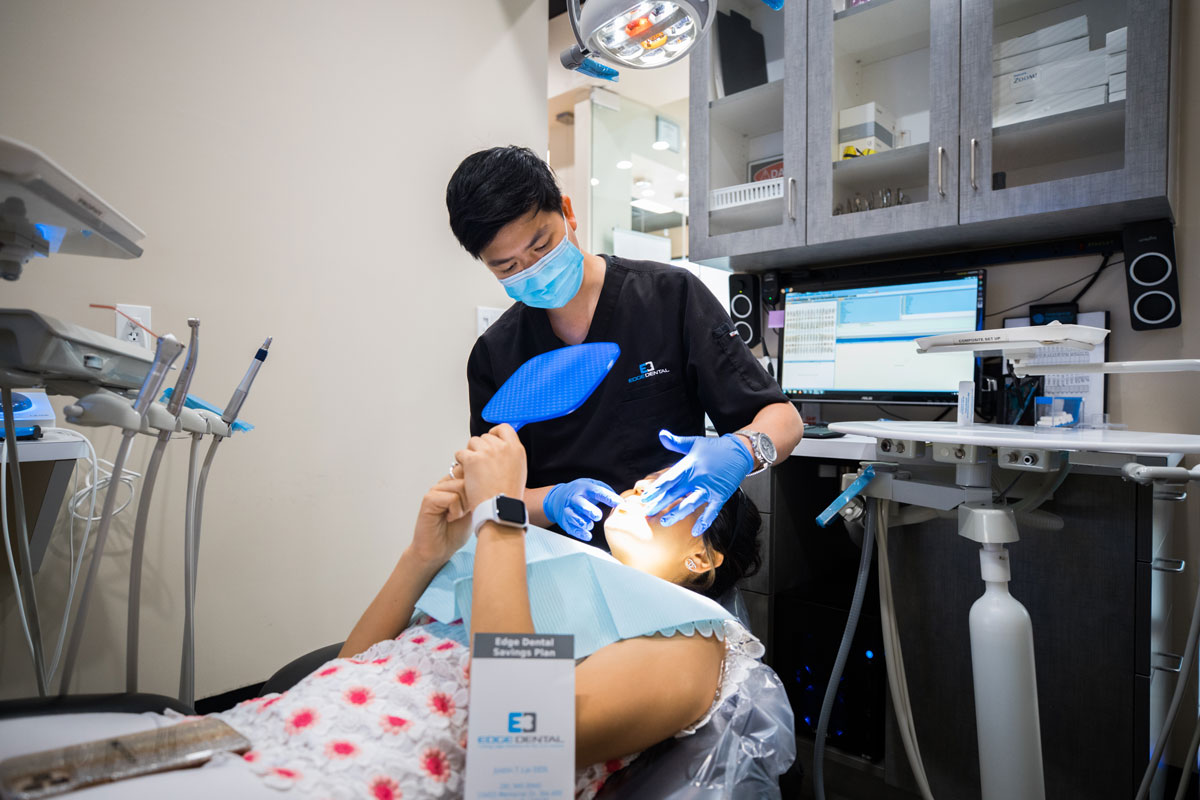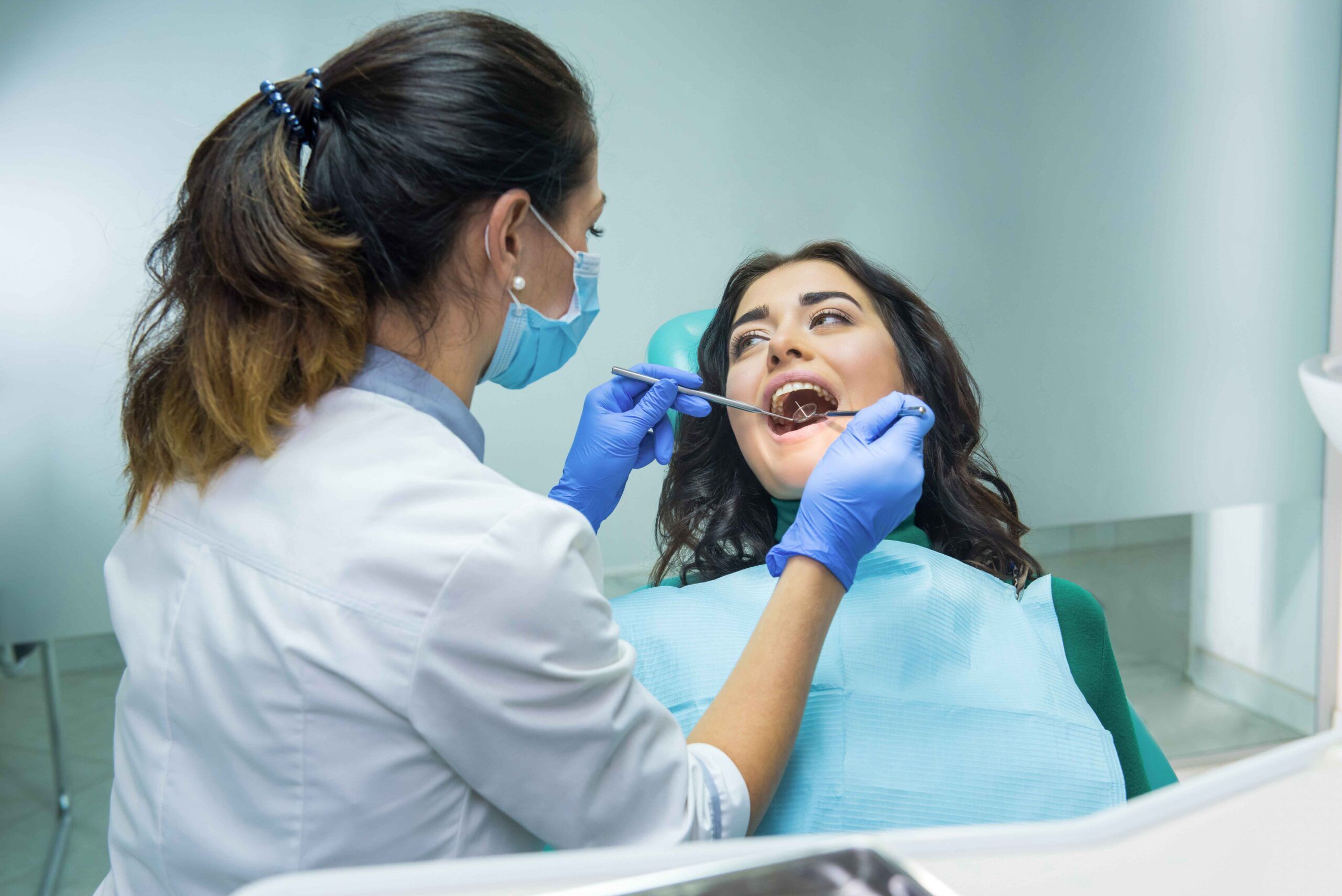
When considering dental tourism one of the top places is Cabo San Lucas. It offers an idyllic destination for any vacation and has a strong presence of dental professionals willing and ready to treat people from out of town, or out of the country. As insurance does not generally cover these procedures, some in the USA and others only when travelling, it may become more cost effective to travel to receive care then to stay in the US. Finding a local dentist can be time consuming for patients abroad but websites like Flyhospital can help.
Why Dental Tourism
In several countries outside of the USA, there are lower costs of living, overhead costs for a business, and training, they are better able to offer low cost procedures. Also factoring into cost is the exchange rate, allowing US dollars to stretch even further. Saving thousands of dollars for each procedure can make it attainable for even those who require more than one procedure or treatment and allow them to receive the care that they need. When attending for procedures that require more than one appointment, such as full dental implants, permanent bridges, all on four post implants, and others, it may be possible to remain in the country and tour the cities between appointments or to return if you live close enough.
Cabo San Lucas
Mexico is well known for being a dental tourism destination, and Cabo is a resort city at the tip of a peninsula. While it is often used for luxury vacations; it can also be beneficial for those who require dental work and do not have access in the US. When staying in Cabo you can enjoy any of the resorts, many of them all inclusive, and reduce the planning and worry that goes into organizing a trip. Enjoy days on the beach or water, nights at new restaurants, and view all of the local attractions. For those who need to be in town for a few days or even a week for treatments, this can make the time between appointments more enjoyable, and FlyHospital is ready to support you in your dental tourism to Cabo.
Local Treatments
The standard of care is safe and offers quality treatments at affordable prices. Rather than spend tens of thousands for treatments, many will be able to receive quality results for a portion of the cost. Dentists are fully trained in a wide variety of treatments from root canals and crowns to all on four post treatments, full bridges, upper or lower implants and veneers individually or a complete set, and several other treatments. When factoring the exchange rate and the lower costs, each of these may be significantly more affordable for those who do not have insurance or who’s insurance will not cover these procedures. Local dentists are researched and only those with top results and safety standards are approved for working with FlyHospital, ensuring you get the experience you deserve and the treatment that you need.
How FlyHospital Supports Dental Tourism
Planning a trip for any dental care can be highly detailed and overwhelming. FlyHospital provides services to help you find the care you need through their network of approved dental professionals, listings for locations and accommodations, and can assist in planning travel and transportation upon arrival. Take the guesswork out of choosing the right dentist, the right location, and arranging the small details by letting the professionals help you.
If you need dental care and are unable to find or afford treatment near you, dental tourism may be the solution for you. Traveling to a county with lower costs and overhead may provide you a way to receive treatment for thousands of dollars less, and this may result in vital care being provided for those without insurance.
